
The findings of this multicenter cohort may have implications for diagnosis, prognosis, and disease monitoring, as well as for clinical trials targeting disease-specific proteins in DLB.

The findings of this multicenter cohort may have implications for diagnosis, prognosis, and disease monitoring, as well as for clinical trials targeting disease-specific proteins in DLB.
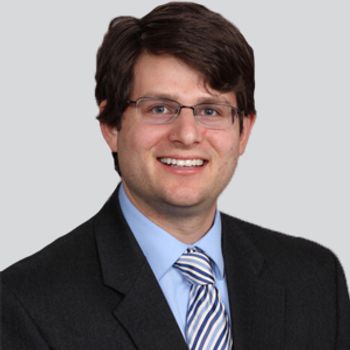
Jonathan Graff-Radford, MD, neurologist at Mayo Clinic, discussed how recent diagnostic advancements have propelled research efforts into uncharted territory.
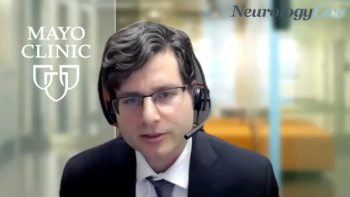
The neurologist at Mayo Clinic detailed promising diagnostic tools, including the revelation of blood tests in patients with Alzheimer disease.
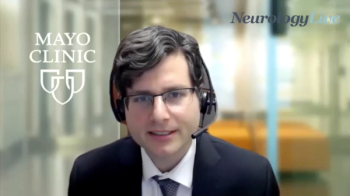
The neurologist at Mayo Clinic shares his thoughts on the state of Alzheimer disease awareness and what can be done to lower dementia rates.
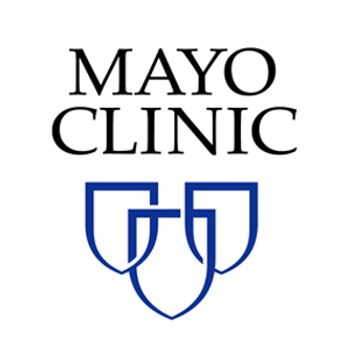
Researchers from Mayo Clinic reported characteristics of 55 patients with a newly defined form of Alzheimer disease with unusual or atypical symptoms.
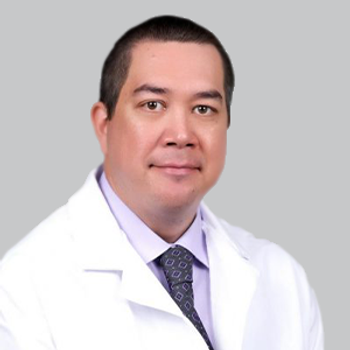
Findings suggest that compared with isolated cases, both earlier age at initial episode and a higher prevalence of personal and family history of migraine are linked to TGA recurrence.

The Medtronic device is the only DBS system that is eligible to be used for both 3T and 1.5T full-body MRI scans, with the first implant procedure scheduled at Mayo Clinic.
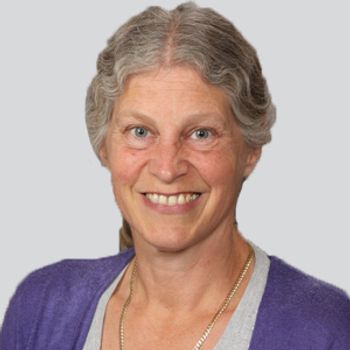
The director of pediatric epilepsy and professor of neurology at Mayo Clinic detailed how care for patients with epilepsy has changed during the COVID-19 pandemic.
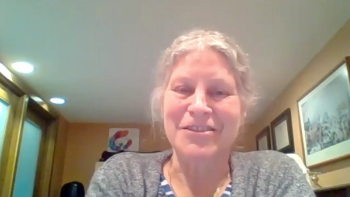
The director of pediatric epilepsy and professor of neurology at Mayo Clinic details the rampant acceleration of telemedicine and how her practice is adjusting to the COVID-19 pandemic.

The assistant professor of Neurology, Concussion and Headache Medicine divisions, Mayo Clinic, Scottsdale, Arizona discussed the evolving migraine treatment landscape and how they have been incorporated into her practice.
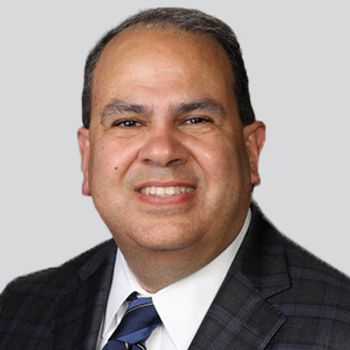
Mayo Clinic has provided advice to lower stress and anxiety amidst the COVID-19 pandemic.

A Mayo Clinic Study revelead an association between inherited DNA variants and the development of tau deposits in older adults.

Mayo Clinic is in the forefront of changing practice techniques during the COVID-19 pandemic by using video appointments to reach patients.

In Part 2 of this interview, Amaal Starling, MD, assistant professor of neurology at Mayo Clinic Scottsdale, discussed what still needs to be done in the migraine space in light of recent advancements and how disease-specific therapies are just the beginning for the field.

In Part 1 of this interview, Amaal Starling, MD, assistant professor of neurology at Mayo Clinic Scottsdale, shared her experiences with a number of new migraine drugs and devices and the impact that more options will have on clinical practice.
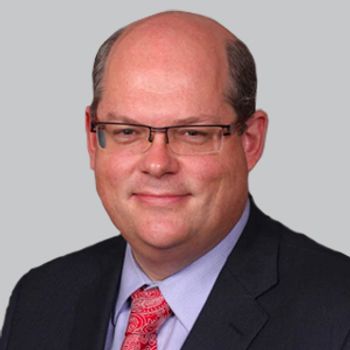
The professor of neurology at Mayo Clinic spoke about the challenges he faces in diagnosing and treating hereditary ATTR amyloidosis polyneuropathy.
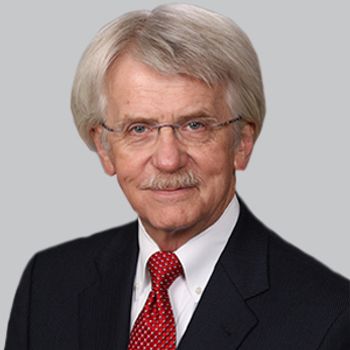
The director of the Mayo Clinic Alzheimer Disease Research Center and Mayo Clinic Study of Aging spoke about the current therapeutic landscape of Alzheimer disease, among other topics.

David Dodick, MD, a neurologist at Mayo Clinic who’s been involved with multiple trials of headache medicines, provided further insight into the medication class.